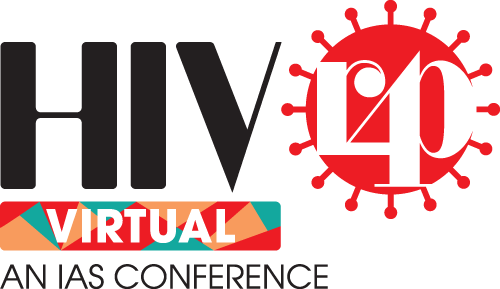The annual Conference on Retroviruses and Opportunistic Infections (CROI) took place virtually from March 6-10, 2021. The goal of the conference was to provide a forum for researchers to translate their laboratory and clinical findings into tangible progress against the HIV pandemic.
Following Along
AVAC’s CROI Roundup
Read “The Personal is Planetary: CROI and COVID one year on”.
Daily Research Updates (Margarita/Breakfast Club)
CROI’s Community Liaison Subcommittee (CLS), in collaboration with a range of global partners, organized Daily Community Research Updates, held each day before official CROI conference sessions started. These updates provided an intimate setting for attendees joining from different time-zones (breakfast or margarita time), in which advocates had the opportunity to ask questions directly to researchers and engage in dialogue. The focus for each day varied, but the schedule was designed to cover key HIV research topics with special attention to any major developments presented at CROI.
Vaccine Nationalism is Killing Us: How Inequities in Research and Access to SARS-CoV-2 Will Perpetuate the Pandemic
Speaker: Gregg Gonsalves (US)
Moderator: Jim Pickett (AIDS Foundation Chicago)
Date: Sunday March 7
View the recording.
HIV Cure Update – Community Workshop Readout
Speakers: Richard Jefferys (TAG, US) and Katie Bar (Penn Univ)
Moderators: Alain Volny-Anne (EATG), Danielle Campbell (ACTG)
Date: Monday March 8
View the recording.
HIV-1 bNAbs: Looking Ahead
Speaker: Marina Fernandes de Barros Caskey (Rockefeller Univ and Sergipe Univ), Discussion – Plenary Speaker
Moderators: Ntando Yola (APHA) and Stacey Hannah (AVAC)
Date: Tuesday March 9
View the recording.
Long-Acting Agents for Prevention: Islatravir Year-Long Implant and HPTN 083 Infections Data for CAB
Speakers: Randolph Matthews (MSD), Raphael Landovitz (HPTN) and Linda-Gail Bekker (Desmond Tutu HIV Foundation)
Moderator: Deirdre Grant (AVAC) and Joyce Ng’ang’a (WACI Health)
Date: Wednesday March 10, 8:30 AM Eastern – 9:45 AM Eastern
View the recording.
CROI 2021 Conference Materials
View the conference agenda and the schedule-at-a-glance.
In response to community requests, full and free access to all Virtual CROI 2021 session recordings will be provided via the CROI website on April 15, 2021. The conference abstracts and the opening Martin Delaney Presentation have been available since the conference week and remain available at croiconference.org. For full details on this policy shift, read more.
